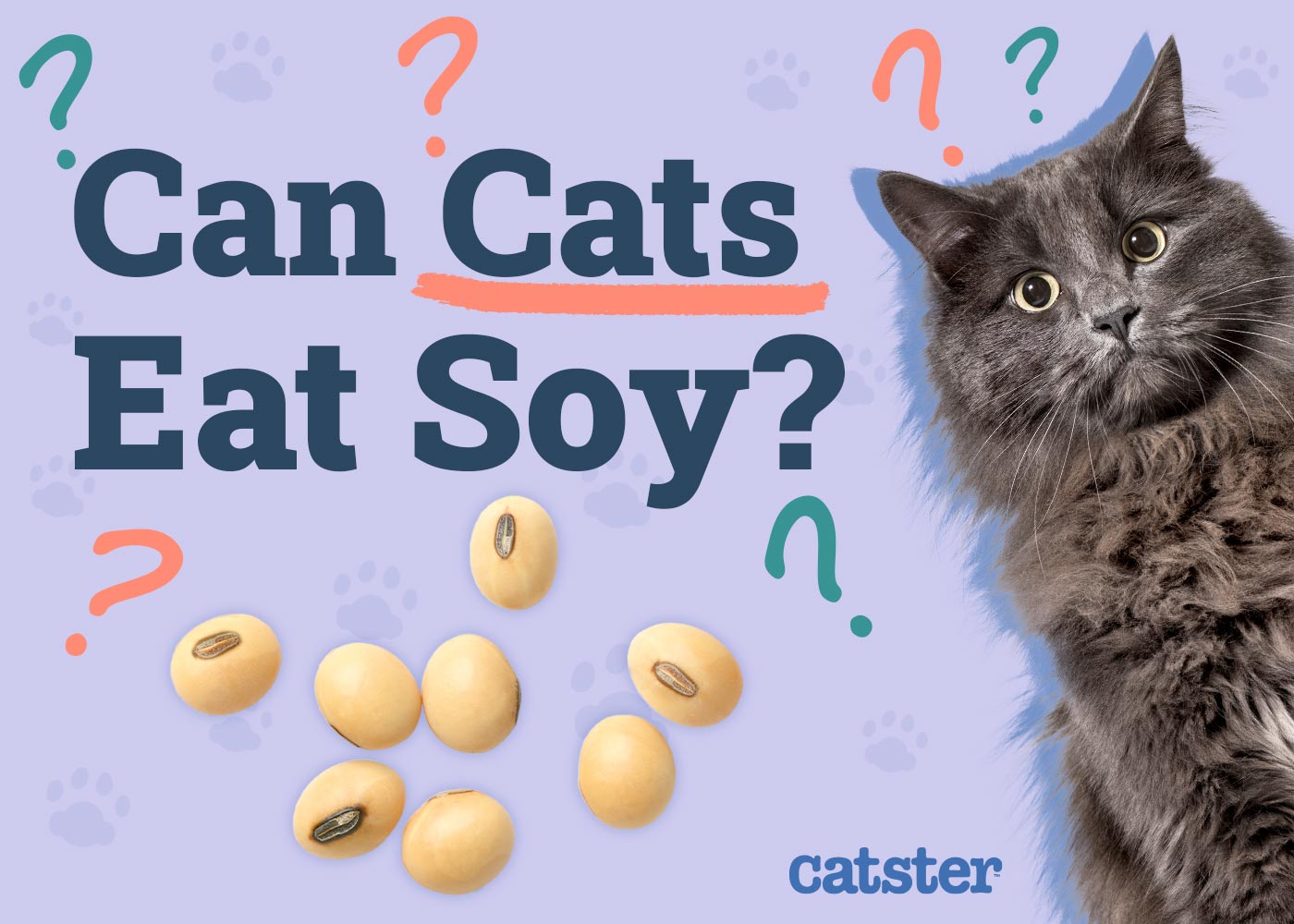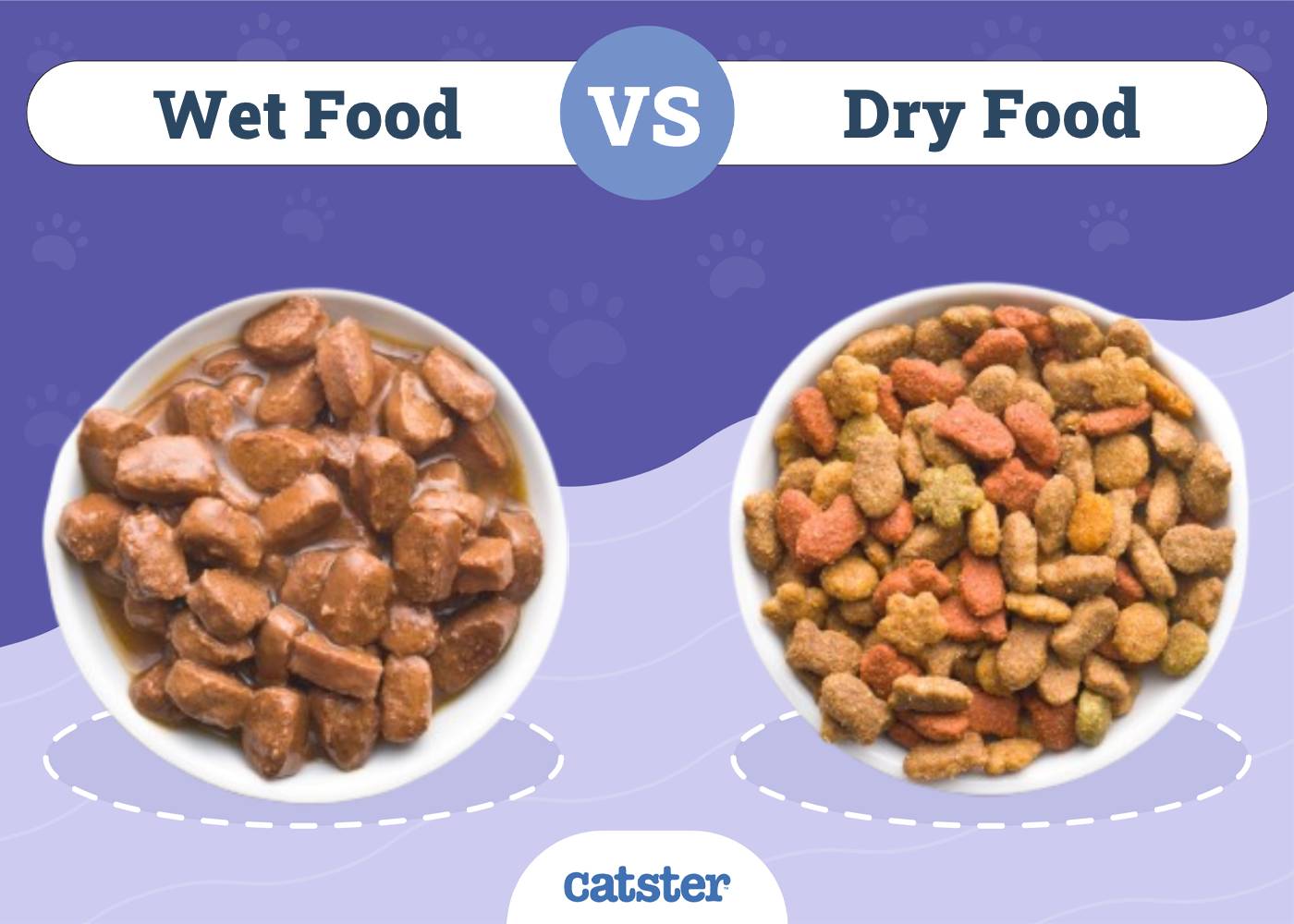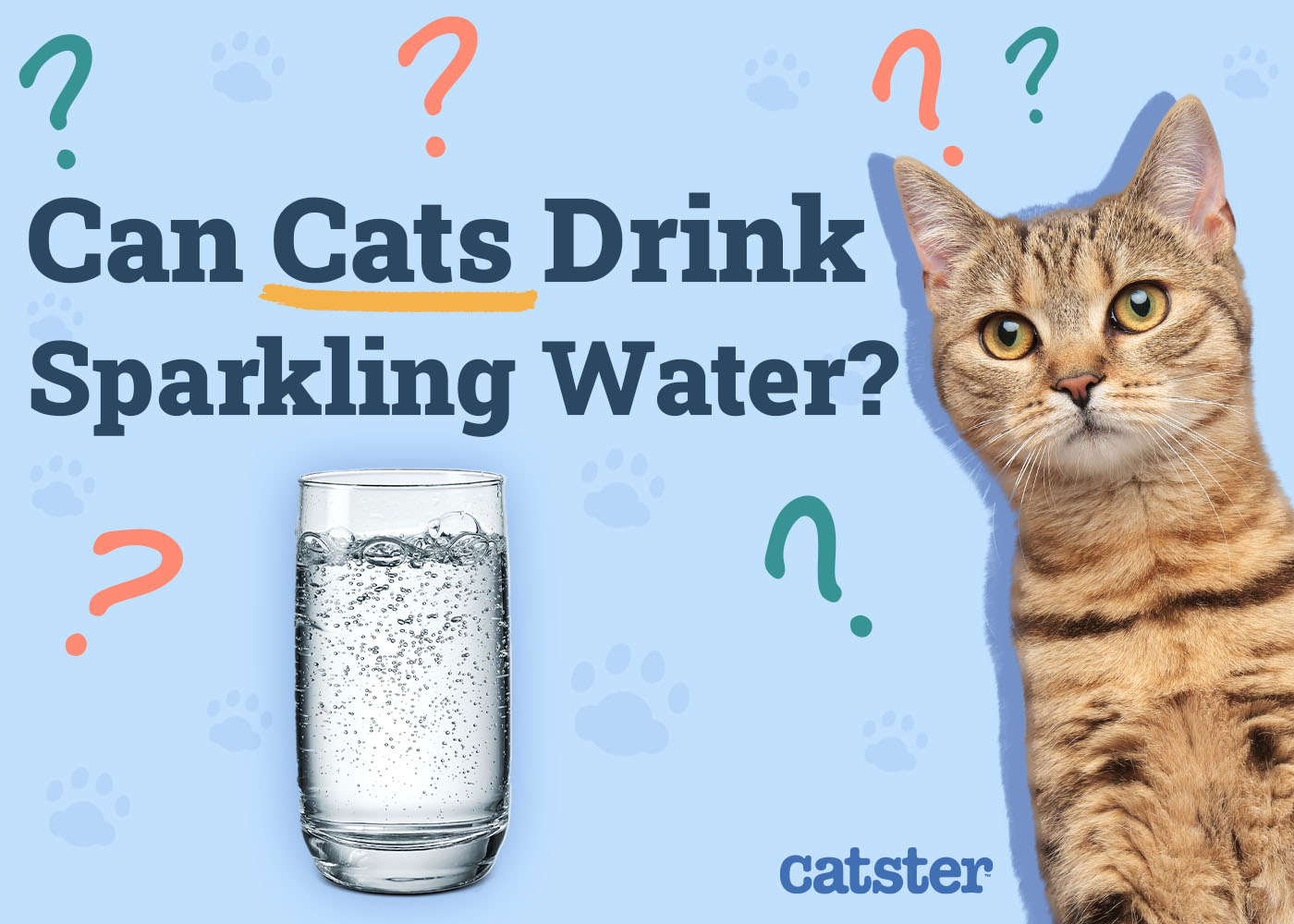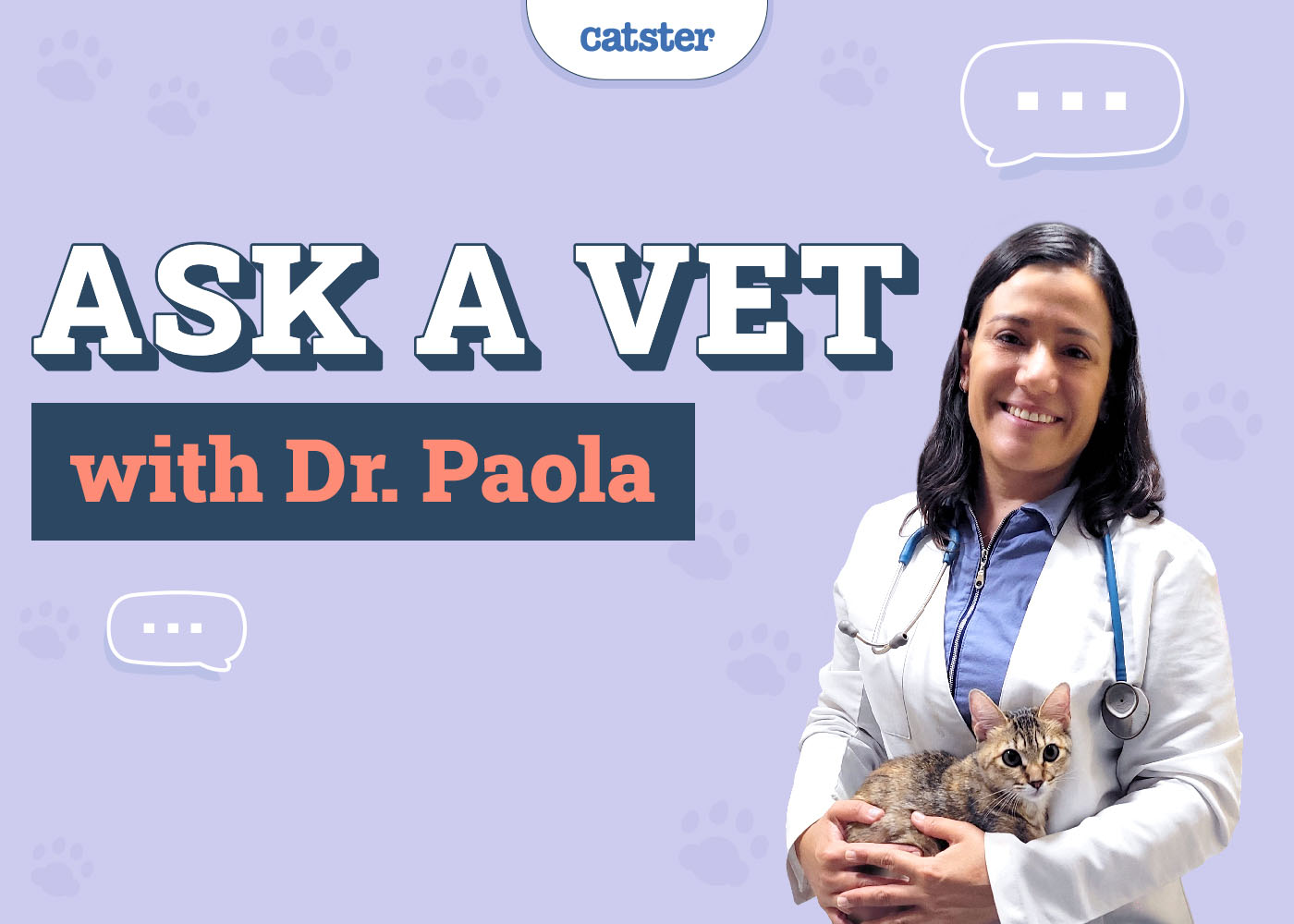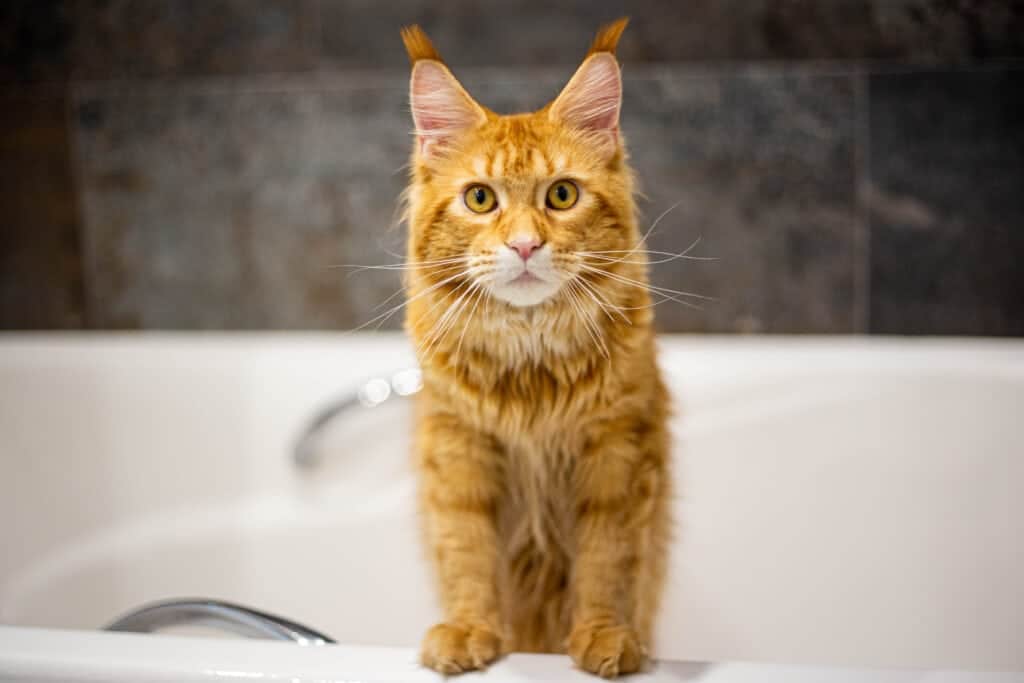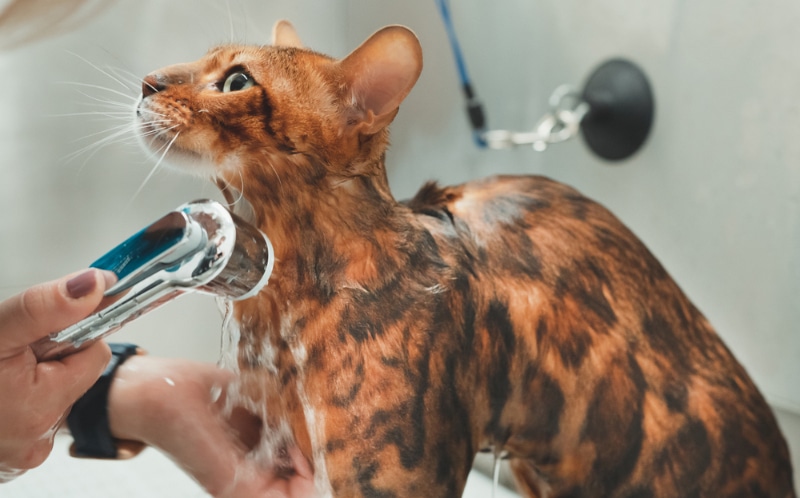Click to Skip Ahead
Whether you’re a fan or not, soy products like milk, yogurt, and tofu are nutritious alternatives to dairy and other animal proteins. On the other hand, even if you or your family aren’t crazy about soy, your cat may have developed a taste for this vegetable protein. If you have landed on this page, it’s because you are wondering if cats can have soy.
Rest assured: if your kitty only occasionally dips his whiskers in your soymilk smoothie, you won’t have to rush to your vet.
But while soy isn’t toxic to cats, it’s also not recommended to give it to them regularly. Soy products have very little nutritional value for felines, so it is better to offer them other types of treats rather than a piece of tofu!
Let’s take a closer look at the effects of soy on cats.

What Are the Nutritional Benefits of Soy?
Before we dive into the potential effects of soy on cats, let’s take a closer look at its characteristics.
Soy is a legume native to Asia. It replaces meat advantageously in vegetarian diets and can be cooked in many ways. Why this interest in soy? Mainly because this vegetable protein does not contain cholesterol, has monounsaturated and polyunsaturated fats, promotes cardiovascular health, and is a good source of vitamins and minerals.

What Are the Most Common Soy Foods?
- Soy milk: Drink made from ground, filtered soy.
- Edamame: Boiled fresh green soybeans, sold frozen.
- Miso: Condiment made from soybeans, a cereal, salt, and a mold culture, used to flavor soups and sauces.
- Soy sauce: Brown liquid condiment made from fermented soybeans.
- Tempeh: Fermented whole soybeans, in the form of solid bread.
- Tofu: Curdled and pressed soy beverage.
But, like many foods, there are controversies surrounding soy.
Problems with Soy
According to some studies, soy consumption may interfere with thyroid function, possibly inducing hypothyroidism. Indeed, soy would prevent the adequate production of thyroid hormones, which would cause the hypertrophy of the thyroid gland. Soy may also affect the thyroid by reducing the absorption of thyroid medications from the intestines.
However, the evidence regarding the impact of soy on thyroid health is limited, and some studies do not show a link between soy and thyroid function.1 Currently, there is no clear consensus on the dangers of soy to humans. But what about cats? Can cats eat soy?
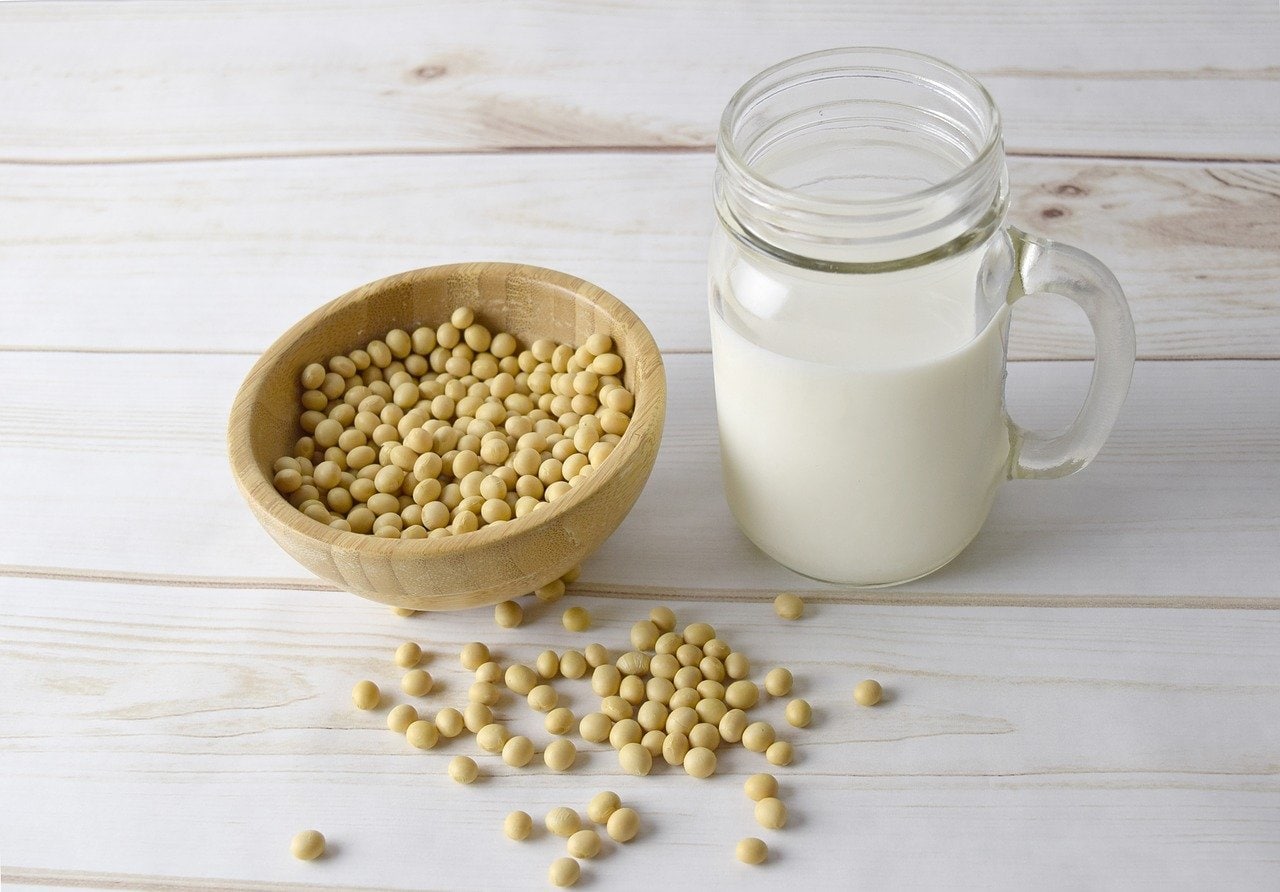
Can Cats Have Soy?
Soy is commonly used as a vegetable protein source in pet foods available in the United States. However, soy and many soy-derived products also contain significant amounts of flavonoid compounds which are known to have biological activity that may affect animal health.2
As in humans, one disease that may be linked to soy consumption is hyperthyroidism. Hyperthyroidism is currently the most common endocrine disease in cats in the United States, affecting up to 1 in 300 animals.
Although the exact causes of feline hyperthyroidism are unknown, most evidence to date suggests an important role for the feline diet.
In addition to potential hyperthyroidism problems following the consumption of soy, a cat can also suffer from an allergic reaction. These symptoms may include:
- Itching
- Irritated skin
- Hair loss
- Vomiting
- Gas
- Diarrhea
- Excessive scratching
If your cat has eaten a piece of tofu or drank the rest of your soy milk and shows one or more of the above symptoms afterward, have them evaluated by a veterinarian.

Final Thoughts
Many products indeed contain soy in the list of their ingredients, and if your cat is doing well, there is no need to worry. However, if you have noticed certain changes in your pet’s behavior or if he has developed symptoms related to a food allergy, soy may be the culprit.
If your veterinarian believes your cat’s diet may be responsible for their symptoms, they may suggest replacing the food with a more appropriate diet.
It’s important you know that soy and its derivatives are not recommended for your kitty on a regular basis. There’s no need to worry if he nibbles on a piece of tofu or laps up your soy milk by accident. But if you have decided to become a vegetarian, don’t include your cat in your new diet!
- Related Read: Can Cats Eat Sauerkraut? Vet-Approved Facts & FAQ

